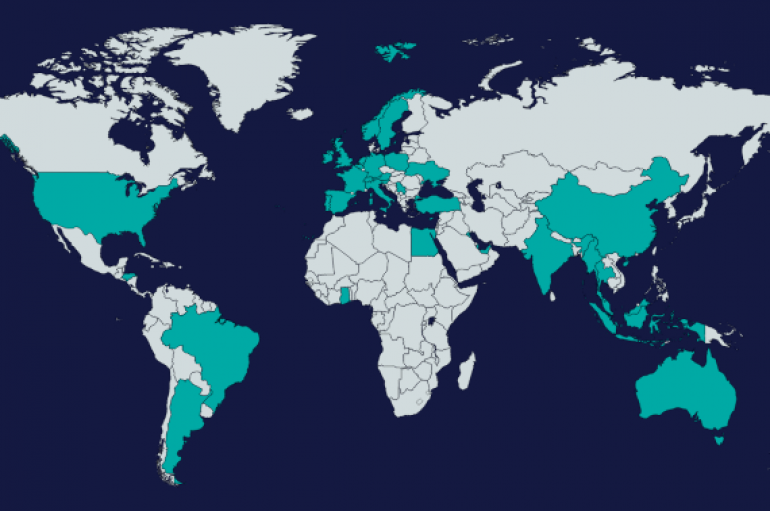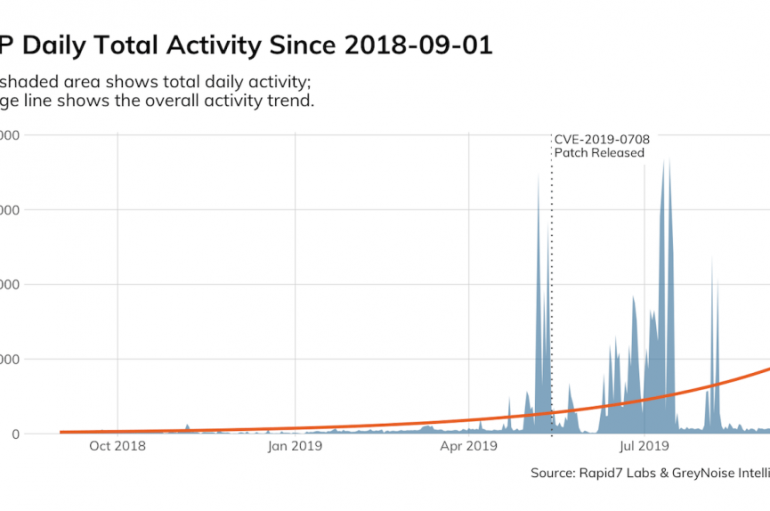Posts From CCME
Wikipedia Hacked: cybercriminals have launched a massive DDOS attack on Wikipedia and take down the website in several countries in Europe and parts of the Middle East. Wikipedia is a global encyclopedia and worlds biggest knowledge repository accessed by more
No one wants to believe they’d fall victim to phishing attacks. However, phishing attacks are on the rise and are more sophisticated than ever. There’s a good reason phishing attacks are touted as one of the most common security challenges
Wireless Penetration testing actively examines the process of Information security Measures which is Placed in WiFi Networks and also analyses the Weakness, technical flows, and Critical wireless Vulnerabilities. Most important countermeasures we should focus on Threat Assessment, Data theft Detection,
Security experts at Google have removed from Google Play 24 apps because they were infected with a new spyware tracked as “the Joker.” Google has removed from Google Play 24 apps because they were infected with a new spyware tracked
Metasploit Released Public Exploit Module for BlueKeep RCE Vulnerability in Remote Desktop Protocol
Metasploit published a public exploit for BlueKeep, the exploit module targets 64-bit versions of Windows 7 and Windows 2008 R2. The Bluekeep is a wormable critical RCE vulnerability in Remote desktop services that let hackers access the vulnerable machine without
Maintainers of the open-source Metasploit penetration testing framework have added a public exploit module for the BlueKeep Windows flaw. There is a surprise for Metasploit users, maintainers of the open-source penetration testing framework have added a public exploit module for
A new ransomware tracked as Lilocked (or Lilu) by researchers is actively targeting servers and encrypting the data stored on them. The Lilocked ransomware has already infected thousands of Linux-based web servers since mid-July. The Lilocked ransomware was first reported
Vulnerability in Exim Mail Server Let Hackers Gain Root Access Remotely From 5 Million Email Servers
A Vulnerability resides in the Exim mail server allows both local and remote attacker to execute the arbitrary code and exploit the system to gain root access. Exim is a mail transfer agent (MTA) developed by the University of Cambridge
The United States Department of Defense (DOD) is marking the country’s first ever Insider Threat Awareness Month by training staff in insider threat detection. The DOD, together with other federal agencies, will be teaching its employees to be on the
New Zealand has reported the country’s highest ever recorded quarterly financial losses to cybercrime. A report published yesterday by the government’s national Computer Emergency Response Team (CERT NZ) revealed that $6.5 million in direct financial losses was reported nationwide in
Cyberspace is primarily a peaceful domain, a domain of operations “where we must have freedom of action, and the best capabilities and the best people to deploy them when we need them,” but it must not be militarized. Speaking this
Widespread data loss from a leading operating system provider could cost US businesses nearly $24bn in insured losses, according to new projections calculated by Guy Carpenter and CyberCube Analytics. The risk management firm and cyber analytics platform provider joined forces
Two thirds of organizations in the UK do not provide their employees with regular security awareness training for email, according to new research from Tessian. The security company surveyed 1000 UK workers at organizations with 100+ employees and discovered that
Security researchers have discovered a South Korean company leaking highly sensitive client and personal emails, which has refused to engage with either them or journalists asking for more info. Industrial pipe manufacturer DKLOK exposed an unprotected email database to the
Android OTA Bug May Have Hit One Billion Users
Security researchers are warning of a new Android vulnerability in the way certain handsets receive over-the-air (OTA) updates, allowing hackers to potentially craft convincing SMS phishing attacks. Check Point revealed the flaw, which has now been patched by some handset
Avast researchers found at least 600,000 GPS trackers manufactured by a Chinese vendor that were exposed online with a default password of “123456.” Researchers from Avast discovered at least 600,000 GPS trackers that were exposed online with a default password

















